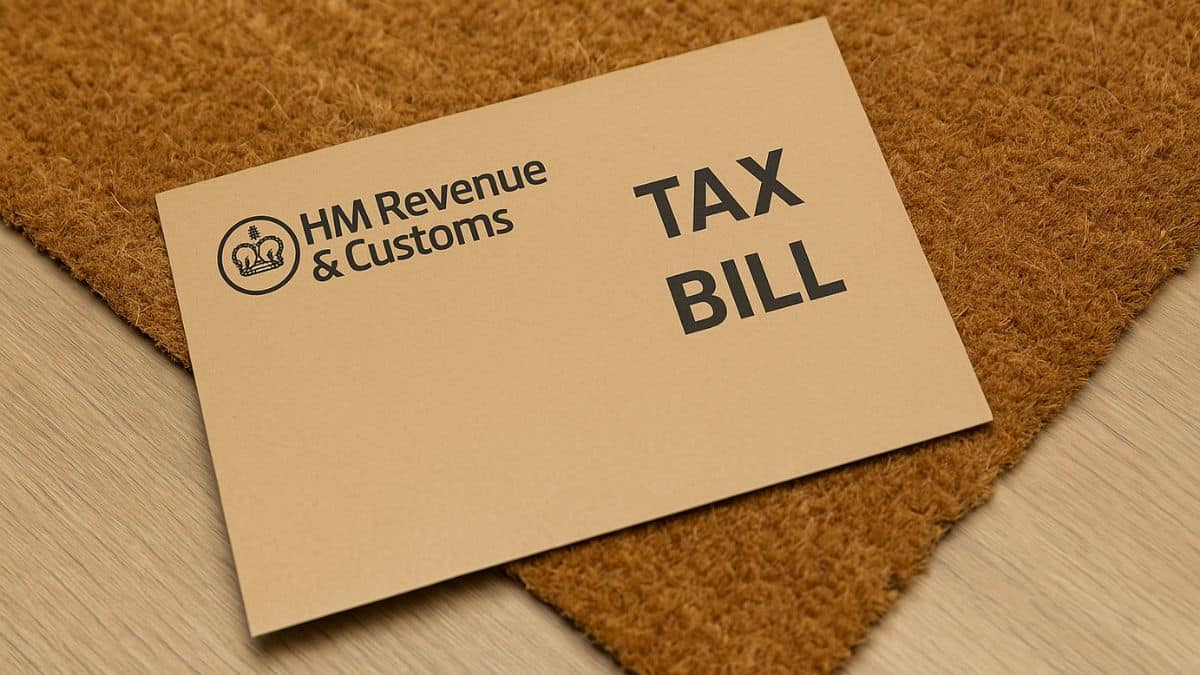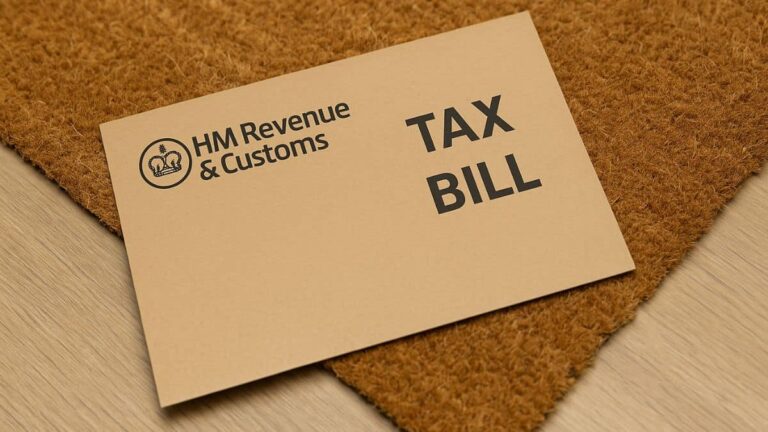If you’ve ever had to fill out a Self Assessment tax return, you’ll know how stressful it can be. But for hundreds of thousands of people earning very little, sometimes nothing, the stress hasn’t just come from paperwork.
It’s come in the form of fines from HMRC. And in some cases, those fines have spiralled into the thousands.

£10 sign up bonus: Earn easy cash by watching videos, playing games, and entering surveys.
Get a £10 sign up bonus when you join today.
A new report has found that, between 2018 and 2023, 600,000 people on low incomes were hit with penalties by HMRC, even though they didn’t owe any tax at all.
How does that happen? And what can you do to avoid falling into the same trap?
Let’s break it down.
Why are people fined if they owe no tax?
If you earn more than £1,000 from anything classed as self-employment – even side hustles like Etsy, delivery apps, or selling bits online – you need to submit a Self-Assessment tax return.
Even if your total income is less than the personal allowance (currently £12,570), and you don’t owe any tax, HMRC still expects that return to be submitted.
Miss the deadline (31 January each year), and you’ll automatically get a £100 fine. Ignore it, or miss more deadlines, and the penalties stack up – we’re talking £1,600 per year or more, even when you owe no tax.
One woman with severe mental health difficulties was chased for more than £10,000 in penalties, despite never earning above the tax-free threshold. She ended up needing support from the charity TaxAid to get HMRC off her back.
Why is this such a problem?
You’d think this would be rare. But it’s not.
According to figures released under the Freedom of Information Act, low-income earners were hit with more late-filing fines than anyone else, even more than people in the top income brackets.
That means people struggling to make ends meet, often dealing with poor health, bereavement or housing issues, are being fined for missing paperwork they may not even have realised they needed to do.
Worse still, many of those fined are in no position to fight it, especially if they don’t understand the system, don’t have regular access to the internet, or are dealing with other challenges in life.
What does HMRC say?
In response to the criticism, a spokesman for HMRC said:
“Our aim is to help people to get their tax right and avoid fines altogether. Those who believe they’ve incorrectly received a penalty for filing late can appeal. We can cancel penalties when a reasonable excuse is provided.”
They also pointed out that they’ve cancelled one-third of late penalties since 2022 – but that still leaves hundreds of thousands standing.
The problem is that many people don’t even know they can appeal, or are too overwhelmed to do it in time.
What’s changing?
Good news and bad news.
A reform is planned. Under Making Tax Digital, the penalty system will be made fairer. The new rules would mean:
- No penalty for the first missed return
- A cap of £200 total penalties per year
- No more five-figure penalty debts for people who owe no tax
The bad news? These changes won’t help most low earners any time soon.
They only apply from April 2026 for people earning over £50,000, and from 2028 for those earning over £20,000. There’s no date set for people earning below that – the very people who are hit hardest under the current rules.
What you can do now to avoid HMRC penalties
If you’ve had any self-employed income – even just a few hundred quid – in the last tax year, it’s vital to check if you’re supposed to file a return.
Here’s how to stay on the safe side:
- Use HMRC’s online tool
Check if you still need to complete a Self Assessment return: Check here - Tell HMRC if your income drops
If you no longer meet the criteria for Self Assessment, you can ask HMRC to take you out of the system. But you have to do this before the deadline (usually 31 January) – otherwise, the £100 fine is automatic. - Appeal if fined unfairly
If you get a penalty and believe it’s wrong or harsh, you can appeal. Do it as soon as possible and explain clearly why you missed the deadline, especially if you’ve had health, housing, or other serious problems. - Get help if you’re stuck
Charities like TaxAid and Tax Help for Older People offer free tax advice for people on low incomes.
Final thought
Filing a tax return can be a minefield, especially if you’re juggling work, life, and money stress. But the current rules are hitting the wrong people hardest – those with the least income, the least support, and the least understanding of a complex system.
Fixes are coming, but too slowly. In the meantime, the best thing you can do is know your rights, stay informed, and don’t be afraid to challenge unfair fines.
If you’re worried, confused, or just need help working out what to do next, you’re not alone. And we’re here to help point you in the right direction.

